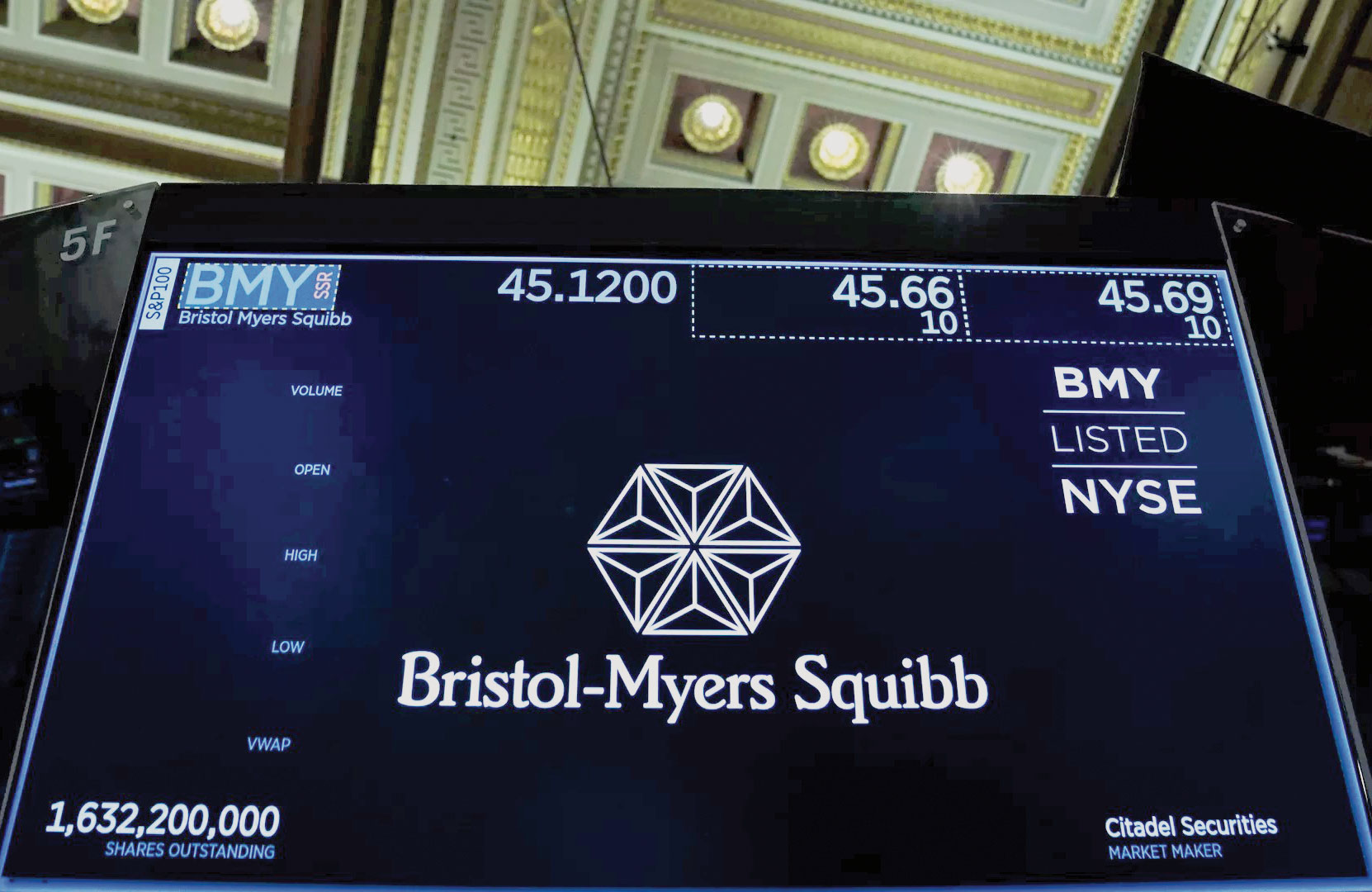

What’s better — a golden goose, or a gaggle of golden goslings? Bankers and lawyers who advise on corporate mergers ought to ask themselves that question as they head to New Orleans for the dealmaking industry’s annual Tulane Law School gathering.
Big mergers and acquisitions abound, but smaller transactions seem to be drying up.
It was never likely that last year’s haul of nearly 50 transactions globally over $10 billion would be repeated, but large tie-ups have kept coming nonetheless.
The four biggest deals announced so far this year, led by Bristol-Myers Squibb’s bid for Celgene and Fiserv’s acquisition of First Data, amount to over $180 billion in total.
Aggressive chief executives are still keen to find a mate – the amount of money dangled at M&A targets around the world in the first two months of the year was only about 10 per cent less than at the same time in 2018, according to data from Refinitiv.
Yet the goslings are in less certain health. Look to the average deal size, which in the United States is around $200 million for 2019 through March 11. That compares with roughly $130 million on average over the past five years, and is higher in any quarter average since at least 2009.
In other words, big deals are buoying the numbers. Granted, some smaller tie-ups are only added to league tables later, but compared with what was logged by the end of February 2018, some 40 per cent fewer US transactions have been announced, a bigger drop-off than the global decline of about a quarter.
Big and small deals are different. Large transactions often rely on job cuts and cost savings, which make sense in any market, so long as financing remains available. Bristol-Myers, Fiserv and lender BB&T, whose bid for rival SunTrust is the year’s third biggest so far, plan collectively to wring out $5 billion of annual costs.
Small companies are more likely to be chasing growth – and growth is looking less abundant than it was a year ago.
That matters, despite the jumbo-sized golden geese still in evidence. Doing deals is a sign of CEO optimism, and the numbers suggest fewer feel like taking a risk.
As for bankers and lawyers who serve them, the suggestion that corporate confidence is shaky ought to worry them too. — Reuters
John Foley
Oman Observer is now on the WhatsApp channel. Click here



